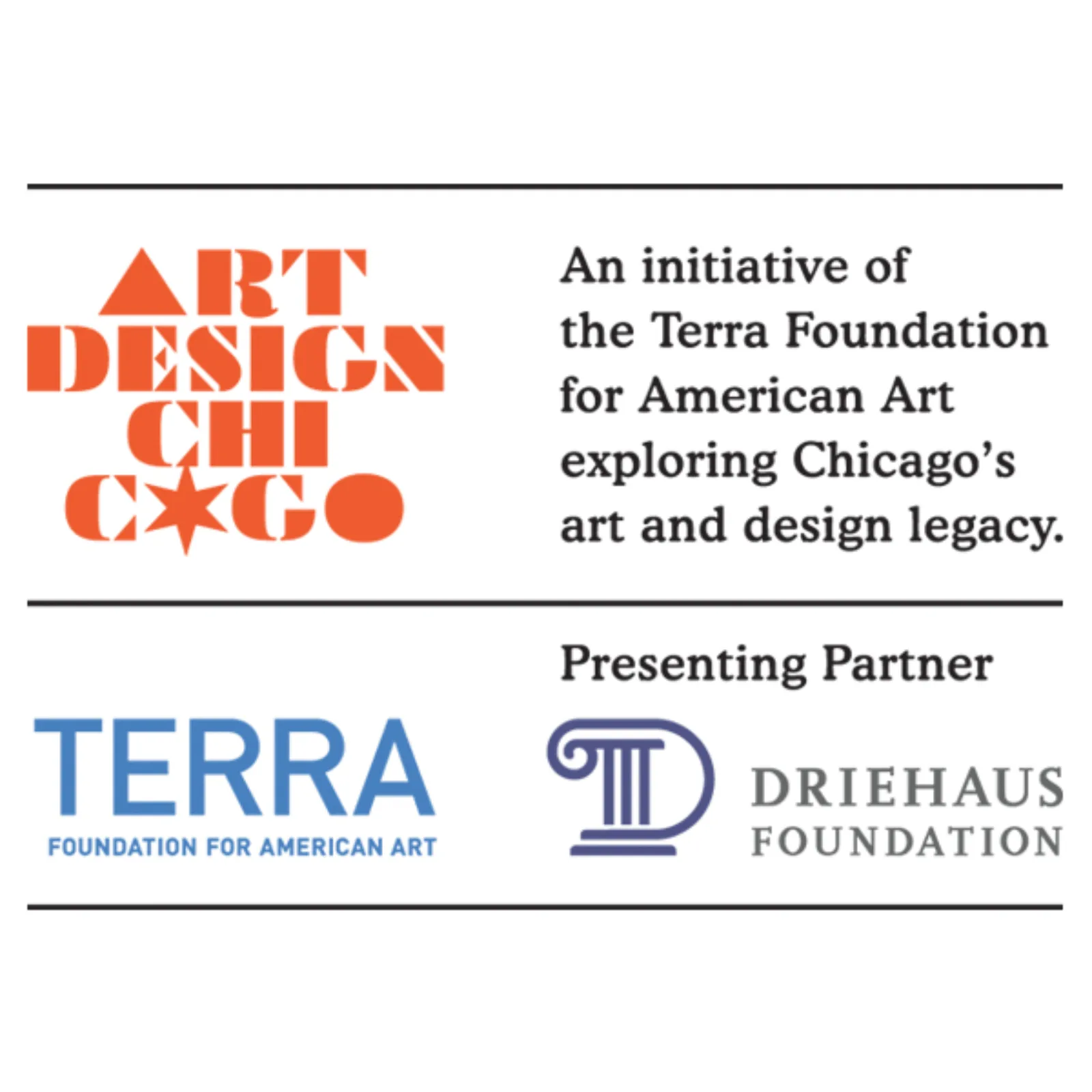Ten Decades, Ten Under-Appreciated Chicago Designs
The standard histories of modern design have followed a formula in which "progressive" or avant garde design is considered the gold standard and typical middle class or middle brow design is considered kitsch at best and, in the opinion of some historians and critics, the enemy of authentic modern design. In this formulation Chicago is bound to remain at the fringes of design history because the city was never a fertile ground for sustained avant garde experimentation. In fact, Chicago's great contribution to the history of design has always been the production and distribution of products for ordinary working and living: farm equipment, office equipment, bicycles, radios, refrigerators, men's suits, telephones, candy bars and children's wagons. This talk will examine the way designs that came out of Chicago had a greater impact on the life of everyday citizens than the products of the avant garde and for this reason a much greater claim to historical importance than has been recognized in design histories to date.
Respondent: Alison Fisher, The Art Institute of Chicago
The Chicago: City of Commerce and Design, 1890-1990 Seminar is part of Art Design Chicago, an exploration of Chicago’s art and design legacy, an initiative of the Terra Foundation for American Art with presenting partner The Richard H. Driehaus Foundation.
